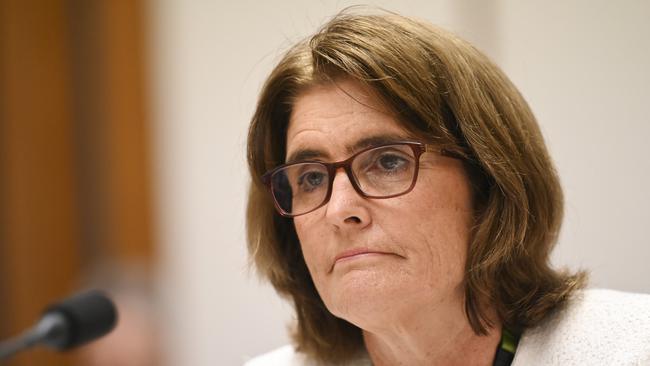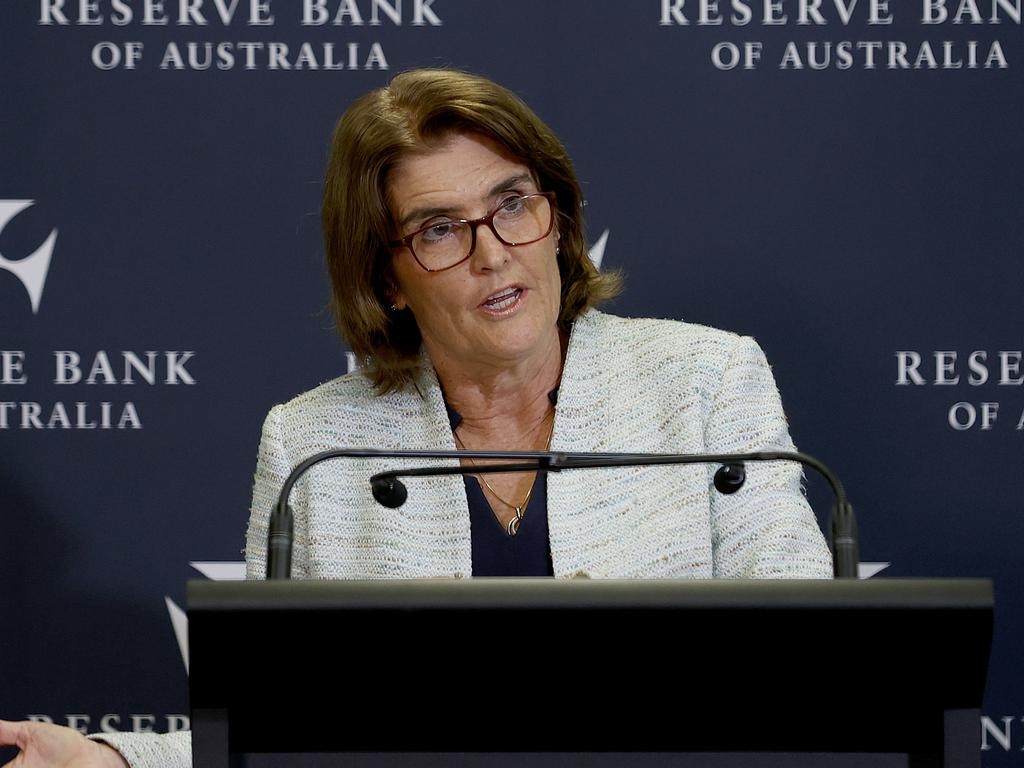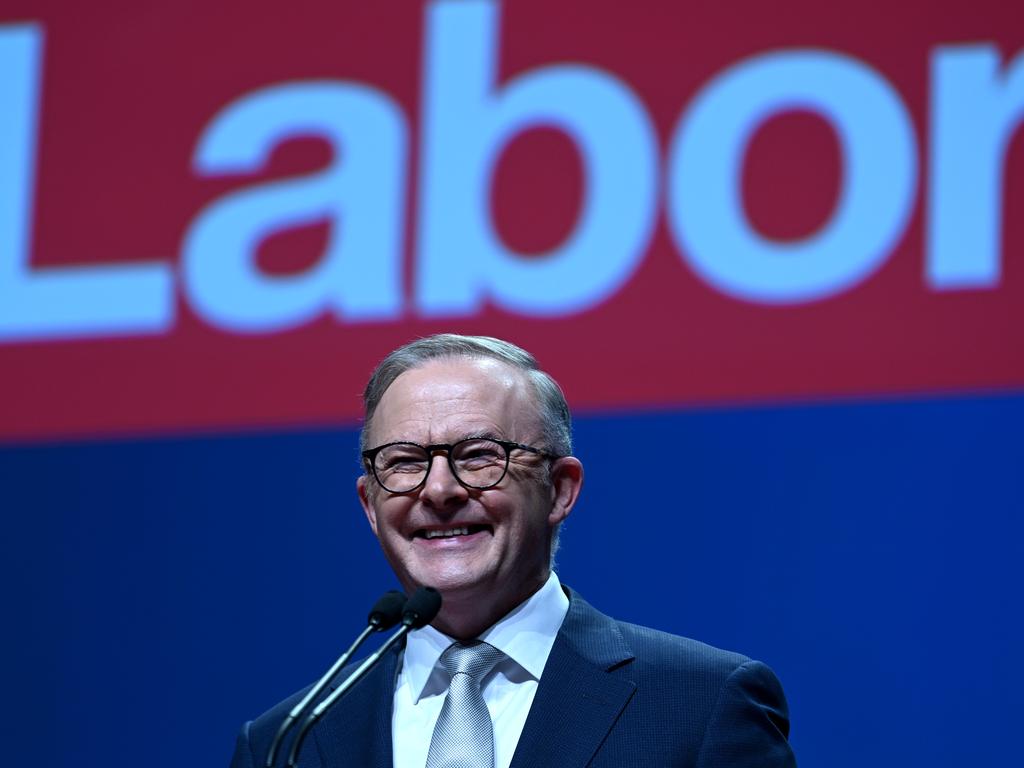
Well, perhaps it beats being a pessimist about the nation’s insipid economic performance over a decade and consequent slide in material living standards.
In its latest economic forecasts, the Reserve Bank heroically assumes, rather than guarantees or puts money down, that productivity growth will go from abysmal to its long-term trend over the next few years.
If not, firms’ rising unit labour costs will lead to price rises, reigniting inflation and requiring a brutish central bank response to dampen demand pressures.
Stagnant productivity growth has been a global phenomenon, with many factors behind it – a mix of cyclic, structural and pandemic-related aspects.
For Australia, we’ve also lagged behind the global frontier of innovation and business dynamism has deteriorated.
Lifting productivity is a Team Australia challenge, with the RBA’s role to keep inflation low and maintain a stable financial system; governments can cut red tape, deliver infrastructure, improve competition policy, and nurture a skilled workforce.
But the key to productivity is business and how it manages our scarce capital and labour to get the most out of them; not once, mind, but more year, after year, after year.
Big business has been urging Anthony Albanese and Jim Chalmers to Seize the Moment in the post-pandemic rebuild, using every lever at its disposal – from tax to migration, big data to the energy transition – to improve the chances of business-led growth and, over time, make all Australians wealthier.
We know the Albanese government is not the party of business, and is blood-bound to tilt the game for organised labour in the workplace, while finding new ways to support welfare recipients and the low-paid during a living-cost crisis.
But does Labor need to keep punching down on an enterprise class it relies on to “grow the pie” rather than just redistributing larger slices to its base?
For the business lobby it’s a double blow, given the Coalition parties have abandoned their old family friends because of new differences on values and culture.
Business, too, needs to take a hard look at itself.
Our relatively small market is not as open as it could be, leaving many companies not match fit for exporting or taking up new ideas.
Some economists, including at the RBA, see a turnaround in productivity growth because it’s been so bad for so long; there’ll be a great unwinding at some point, it’s argued, as a mini-boom in investment bears fruit and employees work fewer hours.
The sweet-spot is coming, they say, where workers will have new machinery, computers and software and will be able to produce more goods and services in the same amount of time.
Is that mathematics or wishful thinking?
More of the latter, because while the Prime Minister and Treasurer talk a great game on productivity growth – skills, childcare, big data, local manufacturing and competition – they keep making the workplace less flexible, labour more expensive, and the regulatory burden increasingly onerous.
As Bullock told parliament on Friday, Canberra is not short of clever advice about ways to raise our performance.
Maybe it’s too early in a new era for the RBA governor to be as forthright as her immediate predecessor, who called out the main ingredient missing for lasting change: political will.








Michele Bullock is a self-confessed optimist on productivity. Why?